Parsing Time Stamps Faster with SIMD Instructions -- Daniel Lemire
In software, it is common to represent time as a time-stamp string. It is usually specified by a time format string. Some standards use the format %Y%m%d%H%M%S meaning that we print the year, the month, the day, the hours, the minutes and the seconds. The current time as I write this blog post would be 20230701205436 as a time stamp in this format. It is convenient because it is short, easy to read and if you sort the strings lexicographically, you also sort them chronologically.
Parsing Time Stamps Faster with SIMD Instructions
by Daniel Lemire
From the article:
You can generate time stamps using any programming language. In C, the following program will print the current time (universal, not local time):
We are interested in the problem of parsing these strings. In practice, this means that we want to ...

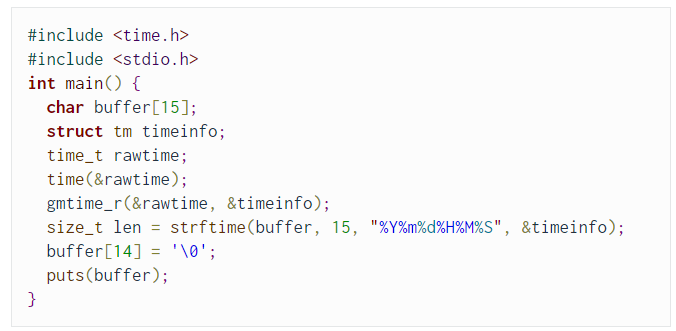
 Visual Studio 17.6 comes with new functionality in the Address Sanitizer runtime which provides a new “checked build” for C and C++. This new runtime mode diagnoses and reports hidden memory safety errors, with zero false positives, as your app runs.
Visual Studio 17.6 comes with new functionality in the Address Sanitizer runtime which provides a new “checked build” for C and C++. This new runtime mode diagnoses and reports hidden memory safety errors, with zero false positives, as your app runs.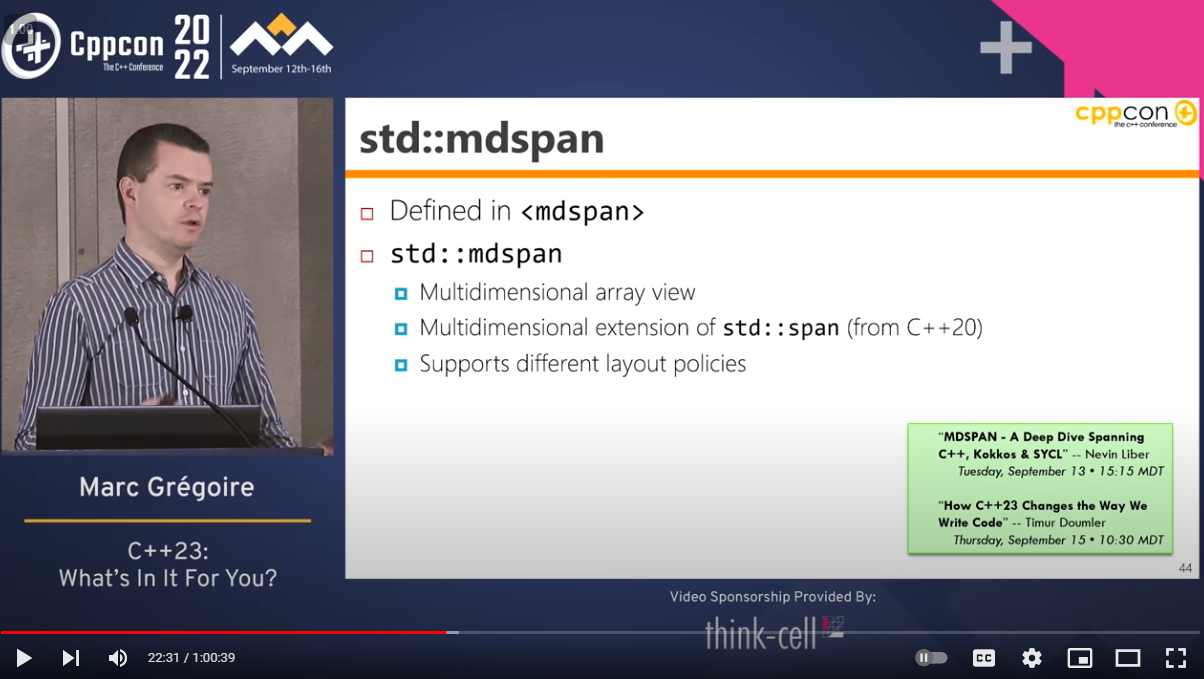 Registration is now open for CppCon 2023! The conference starts on October 1 and will be held
Registration is now open for CppCon 2023! The conference starts on October 1 and will be held 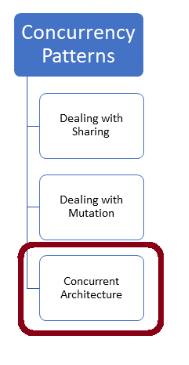 The Monitor Object design pattern synchronizes concurrent member function execution to ensure that only one member function runs within an object at a time. It also allows an object's member functions to schedule their execution sequences cooperatively.
The Monitor Object design pattern synchronizes concurrent member function execution to ensure that only one member function runs within an object at a time. It also allows an object's member functions to schedule their execution sequences cooperatively.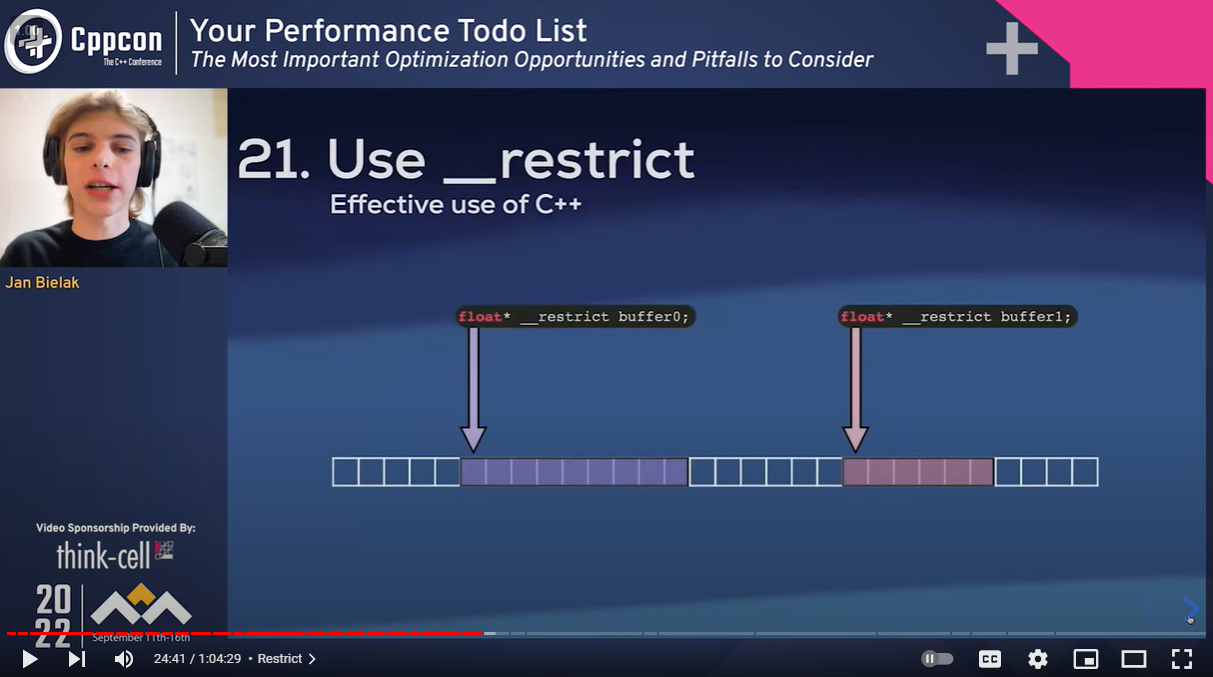 Registration is now open for CppCon 2023! The conference starts on October 1 and will be held
Registration is now open for CppCon 2023! The conference starts on October 1 and will be held 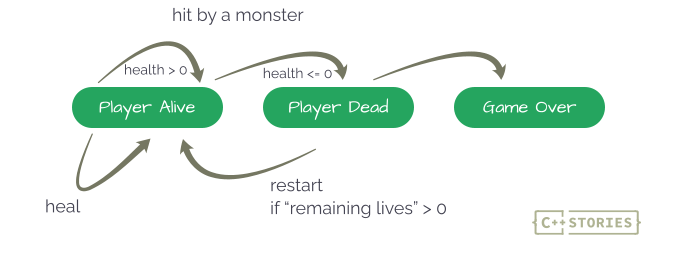
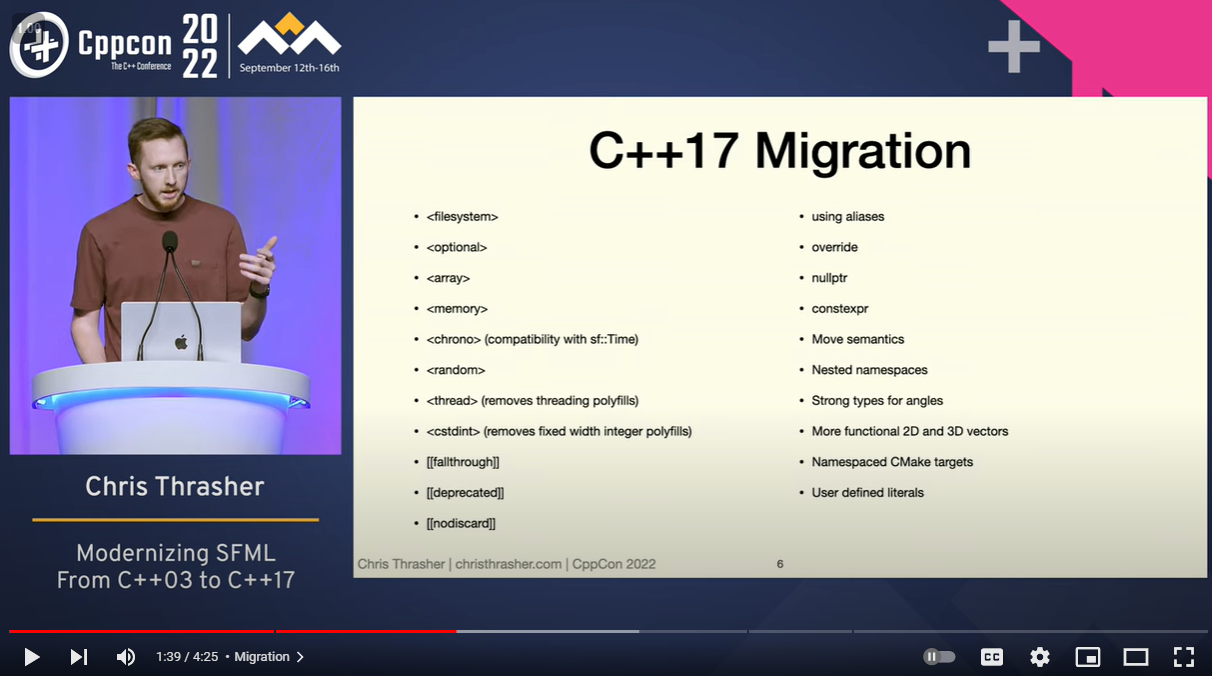 Registration is now open for CppCon 2023! The conference starts on October 1 and will be held
Registration is now open for CppCon 2023! The conference starts on October 1 and will be held 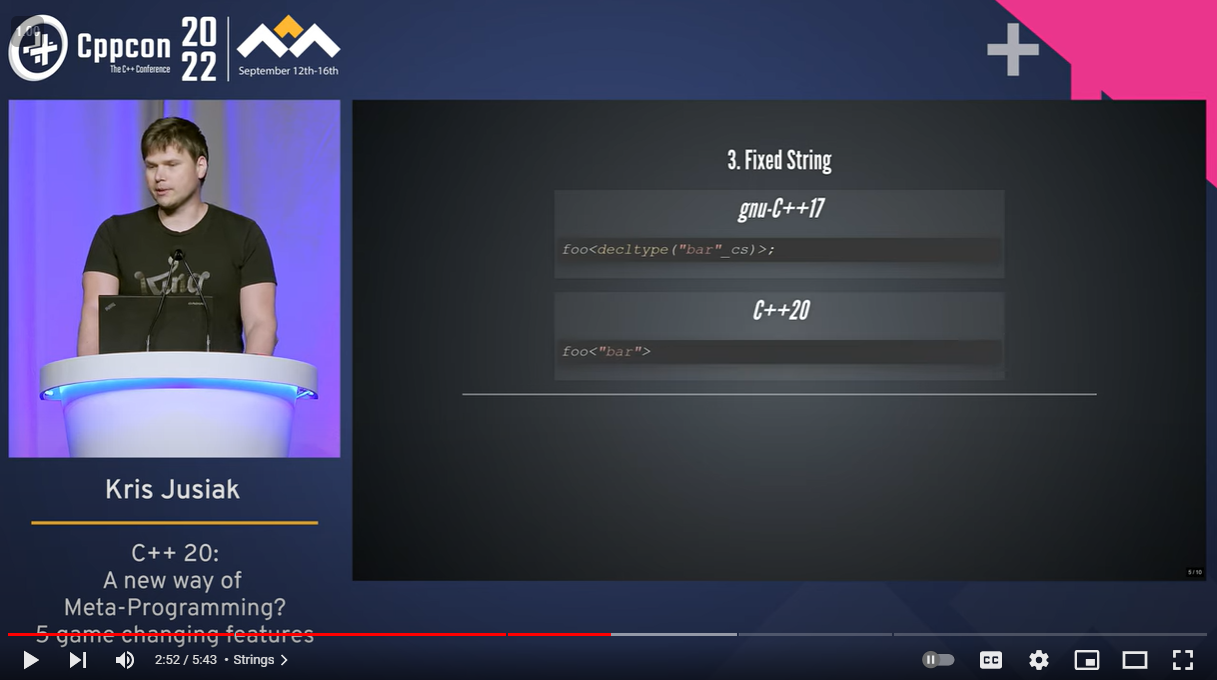 Registration is now open for CppCon 2023! The conference starts on October 1 and will be held
Registration is now open for CppCon 2023! The conference starts on October 1 and will be held  The latest major version of the
The latest major version of the 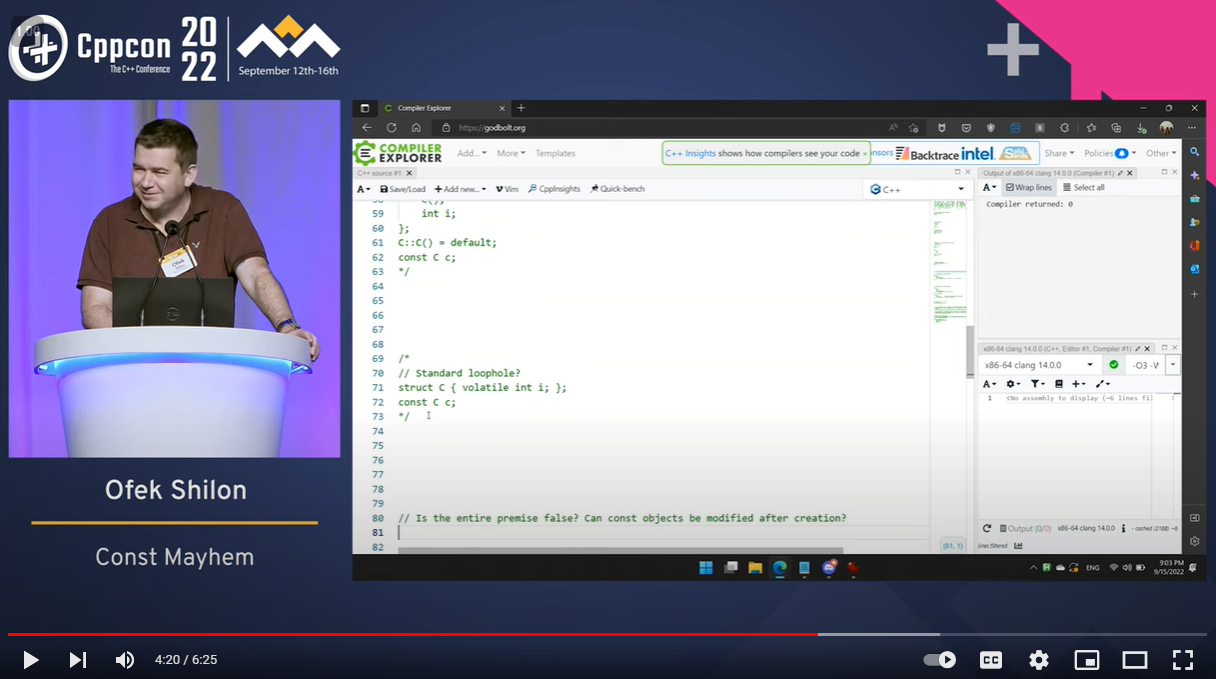 Registration is now open for CppCon 2023! The conference starts on October 1 and will be held
Registration is now open for CppCon 2023! The conference starts on October 1 and will be held